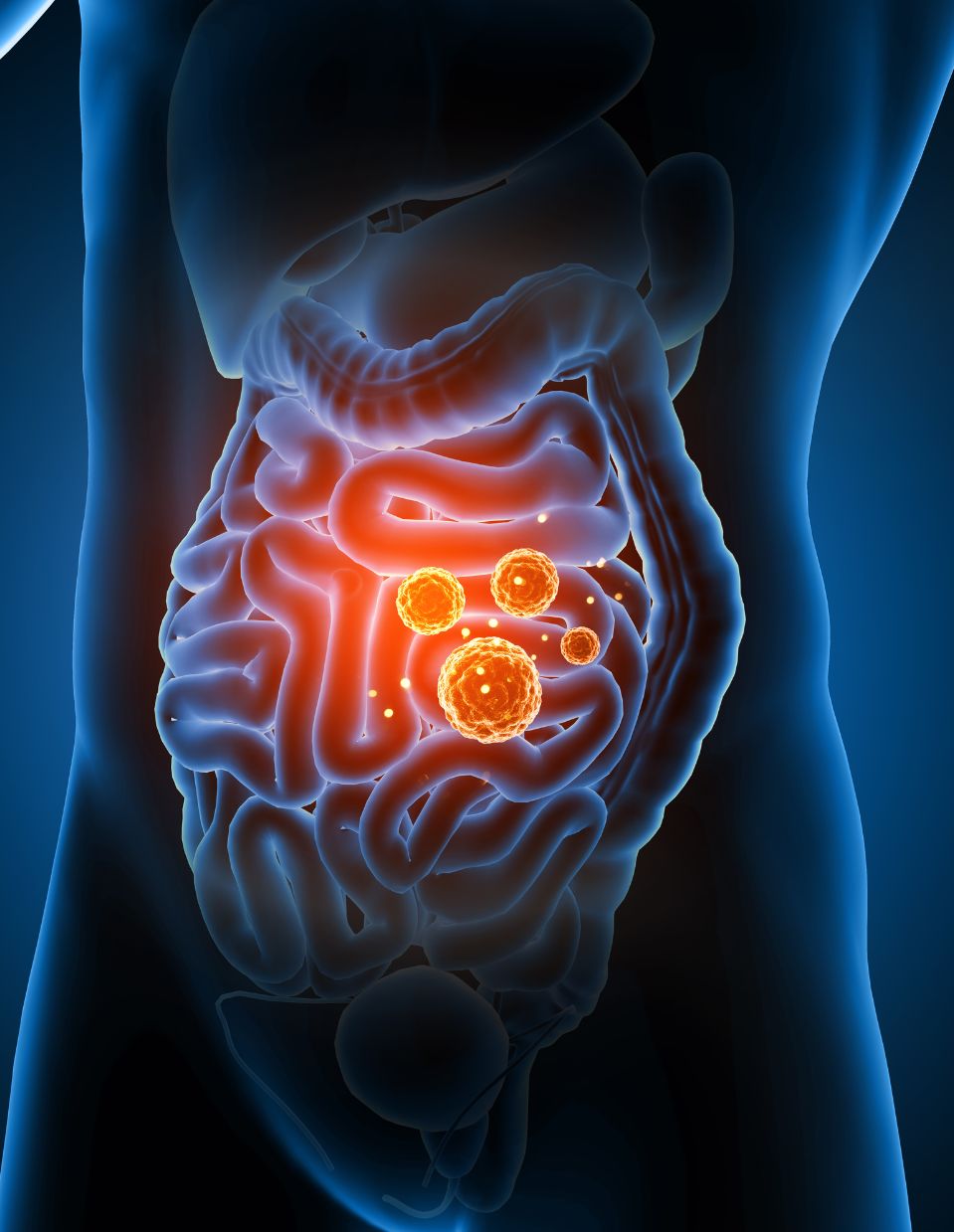Gut health has become a buzzword in recent years, but what does it actually mean, and why is it so important? A healthy gut is about much more than just digestion—it’s key to your health and well-being.
From supporting your immune system to influencing your mood, the health of your gut plays a vital role in determining your overall health.
In this blog post, we’ll discuss what gut health is, why it matters, and practical steps you can take to improve yours.
What is Gut Health?
Your gut is home to trillions of bacteria and microorganisms, collectively known as the gut microbiome. These bacteria help with digesting food, producing essential vitamins, and protecting against harmful pathogens.
Gut health refers to the balance and function of these microorganisms, as well as the physical condition of the gut lining itself.
A healthy gut typically has a diverse range of “good” bacteria that perform functions such as:
- Breaking down food into nutrients
- Regulating metabolism
- Supporting immune function
- Protecting against inflammation
When your gut is out of balance, issues such as bloating, gas, indigestion, or even more serious conditions like irritable bowel syndrome (IBS) and autoimmune disorders can occur. This balance is influenced by factors such as diet, stress, lifestyle, and even medications like antibiotics.
Why Gut Health is Important
Gut health impacts nearly every system in your body, making it essential to overall well-being. Here are some key reasons why maintaining a healthy gut is so important:
Supports Digestion and Nutrient Absorption
One of the primary roles of your gut is to break down food and absorb nutrients. A healthy gut ensures that your body gets the vitamins, minerals, and energy it needs from the food you eat. Poor gut health can lead to nutrient deficiencies, even if you’re eating a balanced diet.
Boosts Immune System Function
Approximately 70% of your immune system lives in your gut. The beneficial bacteria in your gut help protect you from harmful invaders, including viruses and bad bacteria. A healthy gut ensures that your immune responses are properly regulated, reducing the risk of infections and autoimmune diseases.
Influences Mental Health and Mood
Your gut is often referred to as your “second brain” due to its influence on your mood and mental health. The gut produces neurotransmitters like serotonin, which plays a key role in mood regulation.
An unhealthy gut may contribute to issues like anxiety, depression, or mood swings. This is known as the gut-brain connection, which highlights the interaction between your digestive system and your brain.
Reduces Inflammation
Chronic inflammation in the body is linked to many serious health conditions such as heart disease, diabetes, and even cancer. A healthy gut helps regulate inflammation by keeping your immune system in check. When gut bacteria are imbalanced, it can trigger inflammation, which negatively impacts your health over time.
Weight Management
Recent research suggests that the bacteria in your gut can affect how your body stores fat and uses energy. A healthy gut microbiome may play a role in maintaining a healthy weight by regulating hunger hormones and boosting metabolism. On the flip side, an imbalance in gut bacteria has been associated with weight gain and obesity.
How to Improve Your Gut Health
There are several simple yet effective ways to improve gut health, many of which revolve around diet and lifestyle changes. Here’s how you can start improving your gut health today:
Eat a Variety of Fiber-Rich Foods

Eating a diverse diet, especially one high in fiber and functional foods, can dramatically improve your gut health. Fiber feeds beneficial bacteria in the gut, supporting digestion and promoting regularity. Some of the best foods for gut health include:
- Leafy greens like spinach, kale, brussels sprouts, swiss chard, collard greens
- Lentils, chickpeas, beans
- Fruits and vegetables such as apples, carrots, and broccoli, blueberries, raspberries
Incorporate Probiotic-Rich Foods

Probiotics are live bacteria that can benefit your gut. Fermented foods like yogurt, kefir, and sauerkraut are excellent sources of probiotics and can help populate your gut with beneficial microorganisms. Including these foods regularly is one of the easiest ways to improve gut health.
Cut Down on Processed Foods and Sugars

Processed foods and high sugar intake can upset the balance of bacteria in your gut, leading to digestive issues and inflammation. Limiting processed foods while prioritizing whole foods can greatly contribute to a healthier gut.
Stay Hydrated

Water is vital for digestion and maintaining the health of the intestinal lining. Staying hydrated is a simple yet crucial aspect of gut health that supports the overall balance of good bacteria.
Exercise Regularly

Physical activity is not only good for your heart and muscles but also for your gut. Exercise has been shown to increase the diversity of bacteria in the gut, which is a marker of good health. Aim for at least 30 minutes of moderate exercise several times a week to boost gut health.
Manage Stress

Stress negatively impacts your gut health, often leading to conditions like IBS. Practices like meditation, yoga, spending time in nature, or even short daily walks can significantly reduce stress, benefiting both your mind and gut.
Consider Probiotic Supplements

If you’re looking for an extra boost, probiotic supplements may help balance your gut bacteria. These supplements can be especially helpful after taking antibiotics or if you’ve been under a lot of stress. Before starting a new supplement regimen, it’s wise to consult with a licensed healthcare provider such as a registered dietitian nutritionist.
Keep In Mind
Your gut is more than just your digestive system—it’s a key player in your immune function, mood regulation, and overall health. By making small, practical changes to your diet and lifestyle, you can significantly improve your gut health and reap immediate and long-term benefits.
Struggling with your gut health or digestive issues? Get personalized help from our expert gut health dietitians. We’ll work with you to identify the root causes and create a holistic nutrition and lifestyle plan that gets you relief and optimizes your gut health. Schedule your consultation today.

